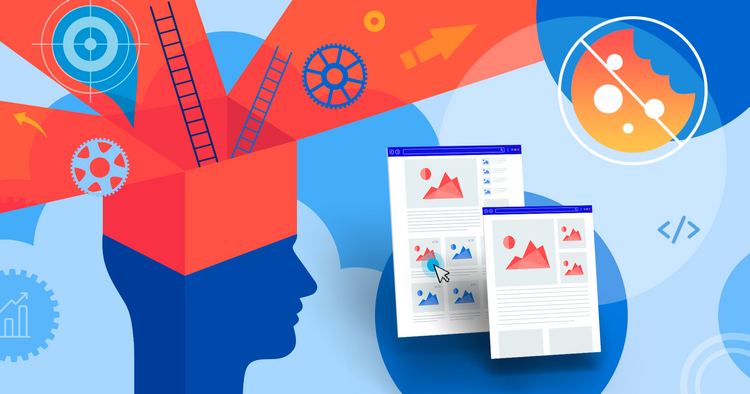What is Contextual Intelligence?
Understanding the Concept of Contextual Intelligence
Contextual intelligence refers to the ability to analyze and adapt to real-time environments by leveraging situational data. Unlike traditional AI, it focuses on understanding context—such as user preferences, location, and historical interactions—to deliver personalized and actionable insights. This innovative approach enables businesses to make smarter, data-driven decisions that align with current scenarios.
Why Contextual Intelligence Matters for Enterprises
Unlocking Real-Time Business Insights
Organizations are increasingly adopting contextual intelligence to harness the vast data generated by digital transformation tools. From collaboration platforms like Slack and Microsoft Teams to cloud storage solutions, contextual intelligence analyzes longitudinal datasets to provide a continuous pulse on business health. It empowers leaders to identify inefficiencies, anticipate risks, and optimize workflows for enhanced productivity.
Benefits of Contextual Intelligence
Driving Efficiency and Growth
Contextual intelligence offers unparalleled advantages for businesses, including:
-
Operational Efficiency: Streamlining supply chains and improving equipment uptime.
-
Enhanced Employee Experience: Understanding employee needs for better engagement.
-
Improved Customer Satisfaction: Delivering personalized services through authentic insights.
By providing a holistic view of organizational data, contextual intelligence enables leaders to make informed decisions that drive growth and innovation.
Practical Applications of Contextual Intelligence
Real-World Examples in Action
Contextual intelligence is transforming industries through practical applications such as:
-
Security Monitoring: Detecting breaches in real-time within electronic systems.
-
Sentiment Analysis: Protecting company culture by identifying insider risks.
-
Predictive Analytics: Forecasting equipment failures and optimizing production schedules.
These examples highlight how contextual intelligence can revolutionize operations across sectors.
Challenges in Implementing Contextual Intelligence
Addressing Privacy and Data Security Concerns
Despite its benefits, contextual intelligence faces challenges related to privacy and data security. Organizations must ensure robust measures to protect sensitive information while leveraging contextual insights. Ethical considerations are critical to maintaining trust and compliance in data-driven environments.
The Future of Contextual Intelligence
Advancing AI Integration for Smarter Solutions
As AI technologies evolve, contextual intelligence will play a pivotal role in shaping smarter business solutions. By bridging the gap between raw data and actionable insights, it promises a future where decision-making is more accurate, efficient, and personalized.
This SEO-optimized article highlights the transformative potential of contextual intelligence while ensuring readability with structured headings and keyword-rich content.

